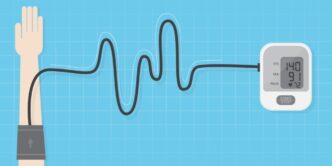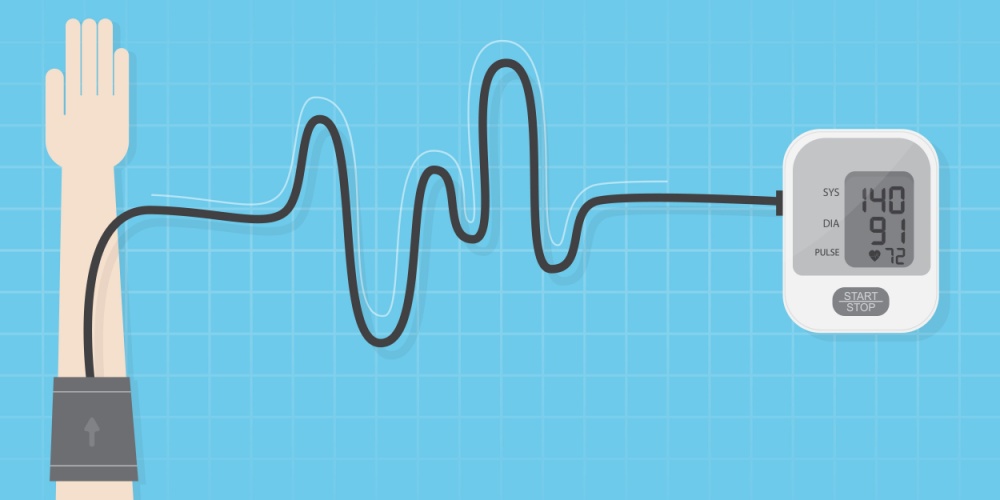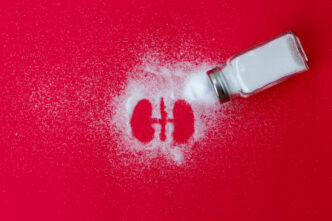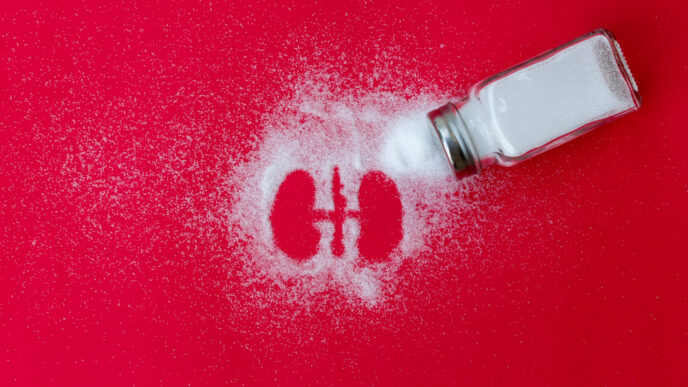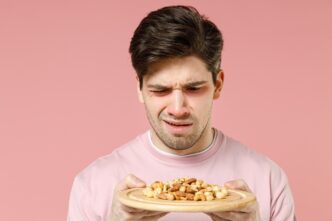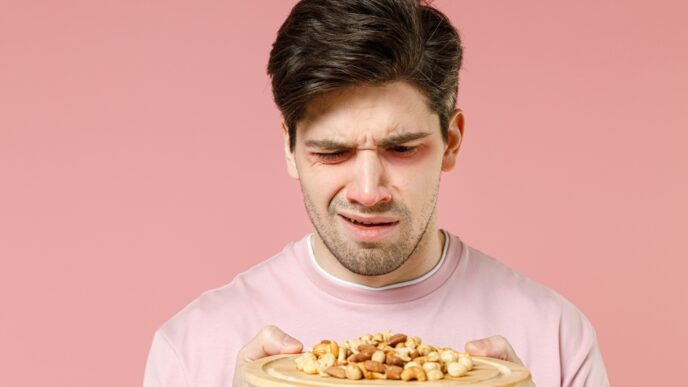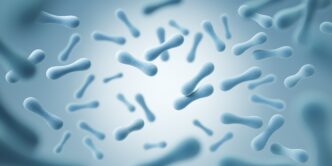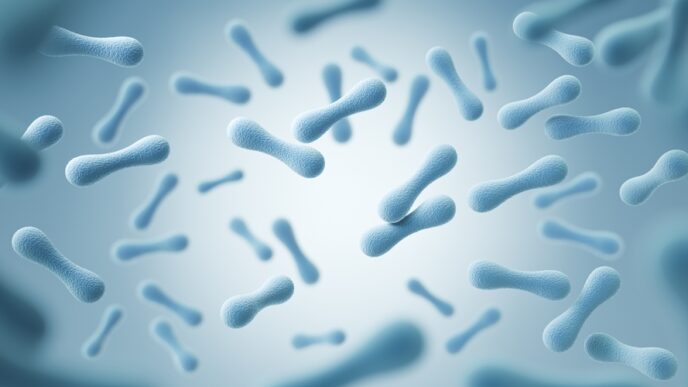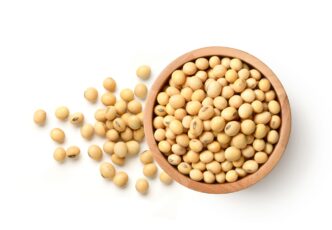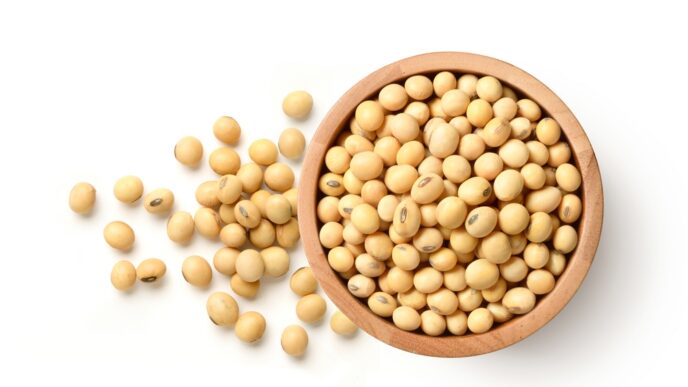We’re learning more about coenzyme Q10, a vital compound that fuels our cellular powerhouses — the mitochondria. Its role in energy production has sparked growing interest, especially for its potential to support heart health and keep our most important muscle working strong.
WORDS LIM TECK CHOON
The mitochondrion is a structure found in our cells that is primarily responsible for the generation of energy that we need to power our bodily functions and carry out our daily activities.
The plural form of mitochondrion is mitochondria.
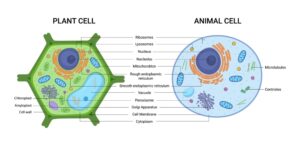
In the mitochondrion is a series of proteins and other molecules that form the electron transport chain.
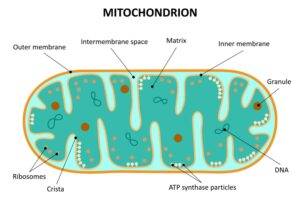
The electron transport chain, like its name would suggest, transfers electrons along its components, which function as electron carriers, until the electron reaches an oxygen atom. This electron transfer is aided by various enzymes.
The process of electron transfer is vital to create the proper environment that is needed for energy generation within the mitochondrion.
Two notable electron carriers in the chain are ubiquinone and ubiquinol. Both are different forms of coenzyme Q10, a naturally occurring substance in the body that can also be obtained from our diet.
- When ubiquinone receives an electron from another electron carrier in the electron transport chain, it takes the form of ubiquinol.
- When the ubiquinol transfers the electron to the next electron carrier in the chain, it reverts to its ubiquinone form.
Ubiquinol also protects our mitochondria from damage caused by free radicals. Hence, it is considered an antioxidant.
HOW UBIQUINOL IS LINKED TO OUR HEART HEALTH
 FEATURED EXPERT FEATURED EXPERTDR ROSS WALKER Integrative Cardiologist Sydney Heart Health Clinic |
The heart is one of the most energy-demanding organs in the body, containing between 5,000 and 8,000 mitochondria.
To support the energy production process necessary for the heart to function properly, the mitochondria require a steady supply of ‘energy fuel’ nutrients such as ubiquinol.
Dr Ross Walker directs us to a 2022 study in the American Journal of Cardiology, which found a strong correlation between ubiquinol levels and the risk of heart conditions in ageing populations.
Another notable study, he shares, is the 2023 Shigatse CARdiorespiratory Fitness (SCARF) study. Data from that study suggested that those with higher ubiquinol levels tend to exhibit improved cardiovascular fitness, characterized by enhanced endurance, reduced cardiac strain, and more efficient oxygen utilization during physical activities.
UNFORTUNATELY, UBIQUINOL LEVELS DECLINE NATURALLY AS WE AGE
“Research indicates that the body’s endogenous production of ubiquinol begins to decrease from the age of 30,” Dr Walker reveals.
He further elaborates that a decrease in ubiquinol levels may impede cellular energy production, contributing to oxidative stress, inflammation, reduced immune function, fatigue, and compromised heart and cholesterol health.
Furthermore, after one is about 50 years of age, the production of enzymes that convert ubiquinone to ubiquinol also declines.
“Hence, it is important that we adopt simple lifestyle strategies that can easily but dramatically help support heart health,” says Dr Walker.
STRATEGIES TO BOOST UBIQUINOL LEVELS AND HEART HEALTH
Quit Addictive Habits that Impact Our Health
- Caffeine has been shown to help protect cardiovascular cells from damage and help them to repair themselves. “However, regularly ingesting more than 4 cups of coffee per day has been shown to have no health benefits and can certainly cause marked cardiac irregularities,” Dr Walker points out.
- He emphasizes that stopping smoking, reducing alcohol intake, and avoiding illegal drugs are vital health practices to maintain a healthy heart.
| Check out the effects of caffeine on our heart and kidneys in this article by pharmacist Lim Kelvin. |
Practice Good Sleeping Habits
- “Create a good sleep environment. People who don’t achieve ideal sleep time and sleep hygiene are at higher risk of cardiovascular issues,” says Dr Walker.
Consume a Diet That Includes Anti-Inflammatory Healthy Fats and Omega-3 Fatty Acids
- Dr Walker recommends the Mediterranean diet with extra virgin olive oil, fish, legumes.
- This diet has been shown to improve heart health by reducing plaque in arteries and providing positive metabolic effects.
| Read Professor Winnie Chee’s tips on how to create a Malaysian-flavoured Mediterranean diet for yourself. |
COMMON GOOD DIETARY SOURCES OF COENZYME Q10
|
Exercise Daily
- Dr Walker tells us: “Exercise has major benefits not only for your weight and mental health.”
- A lack of physical activity is a major risk factor for developing heart problems.”
Cultivate a Happy Life
- According to Dr Walker, being happy promotes a range of lifestyle habits that are important for overall health.
- “Research has shown that people who maintain healthy friendship networks throughout life have a lower risk of heart disease,” he adds.
Supplementation
Dr Walker recommends discussing with our doctor or pharmacist as to whether we can benefit from taking heart-friendly supplements, such as ubiquinol, magnesium orotate, vitamin D and vitamin K2, bergamot derivatives, and aged garlic.
| This article is part of our series on foods and how consuming these foods can affect various aspects of our health. |
References:
- Pierce, J. D., Shen, Q., Mahoney, D. E., Rahman, F., Krueger, K. J., Diaz, F. J., Clark, L., Smith, C., Vacek, J., & Hiebert, J. B. (2022). Effects of ubiquinol and/or D-ribose in patients with heart failure with preserved ejection fraction. The American journal of cardiology, 176, 79–88. https://doi.org/10.1016/j.amjcard.2022.04.031
- Yang, J., Ye, X., Liu, Z., Sun, M., Yu, S., Lv, H., Wu, B., Zhang, C., Gu, W., He, J., Wang, X., & Huang, L. (2023). Effect of ubiquinol on cardiorespiratory fitness during high-altitude acclimatization and de-acclimatization in healthy adults: the Shigatse CARdiorespiratory fitness study design. Frontiers in cardiovascular medicine, 10, 1129144. https://doi.org/10.3389/fcvm.2023.1129144

